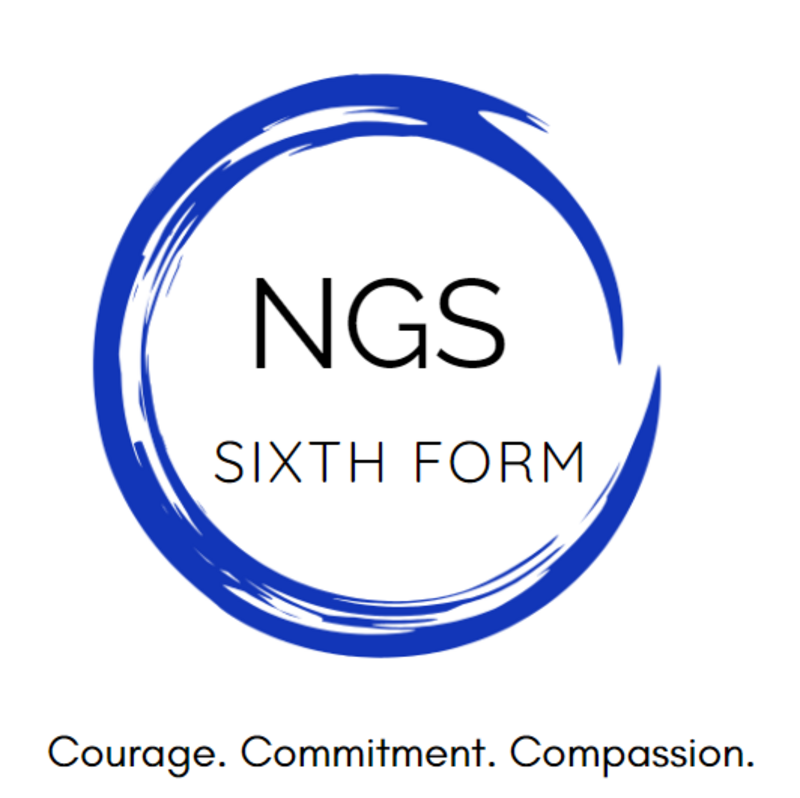
Religious Studies is a thought provoking subject. The contemporary ethical issues inspire engaging classroom discussions, which develop the skills of communication, interaction, analysis and problem solving. Students gain critical and evaluative skills, which are highly sought-after in higher education and by employers, particularly but not exclusively within the areas of law, education, social work, politics, medicine, administration and communications. Many students may also study this course for their own personal development, as it adds depth and a broader perspective to other A-Level subjects. What will I learn on this course? The Eduqas Religious Studies A-Level consists of three externally-examined papers. Component 1: A Study of Christianity Religious figures and sacred texts Religious concepts and religious life Significant social and historical developments in religious thought Religious practices that shape religious identity Component 2: Philosophy of Religion Arguments for the existence of God- Inductive & Deductive Challenges to religious beliefs (part 1) – the problem of evil and suffering & Religious belief as a product of the human mind Religious experience Religious language Religion and Ethics Ethical thought: Divine Command Theory, Virtue theory ethical Egoism & Meta-ethics Deontological ethics: Aquinas’s Natural moral law, John Finnis’ development of Natural Law: Teleological ethics: Situation ethics & Utilitarianism Determinism and Free will
You need to have achieved a grade 6 in Religious Studies GCSE to be considered for this course.
In Year 12 you will complete an internal examination. In Year 13 you will sit three examinations: Component 1: Christianity Written examination: 2 hours 33⅓% of qualification 100 marks Component 2: Philosophy of Religion Written examination: 2 hours 33⅓% of qualification 100 marks Component 3: Religion and Ethics Written examination: 2 hours 33⅓% of qualification 100 marks
About Education Provider
| Region | South East |
| Local Authority | Windsor and Maidenhead |
| Ofsted Rating | Outstanding |
| Gender Type | Girls |
| Address | Farm Road, Maidenhead, SL6 5JB |
Religious Studies is a thought provoking subject. The contemporary ethical issues inspire engaging classroom discussions, which develop the skills of communication, interaction, analysis and problem solving. Students gain critical and evaluative skills, which are highly sought-after in higher education and by employers, particularly but not exclusively within the areas of law, education, social work, politics, medicine, administration and communications. Many students may also study this course for their own personal development, as it adds depth and a broader perspective to other A-Level subjects. What will I learn on this course? The Eduqas Religious Studies A-Level consists of three externally-examined papers. Component 1: A Study of Christianity Religious figures and sacred texts Religious concepts and religious life Significant social and historical developments in religious thought Religious practices that shape religious identity Component 2: Philosophy of Religion Arguments for the existence of God- Inductive & Deductive Challenges to religious beliefs (part 1) – the problem of evil and suffering & Religious belief as a product of the human mind Religious experience Religious language Religion and Ethics Ethical thought: Divine Command Theory, Virtue theory ethical Egoism & Meta-ethics Deontological ethics: Aquinas’s Natural moral law, John Finnis’ development of Natural Law: Teleological ethics: Situation ethics & Utilitarianism Determinism and Free will
You need to have achieved a grade 6 in Religious Studies GCSE to be considered for this course.
In Year 12 you will complete an internal examination. In Year 13 you will sit three examinations: Component 1: Christianity Written examination: 2 hours 33⅓% of qualification 100 marks Component 2: Philosophy of Religion Written examination: 2 hours 33⅓% of qualification 100 marks Component 3: Religion and Ethics Written examination: 2 hours 33⅓% of qualification 100 marks